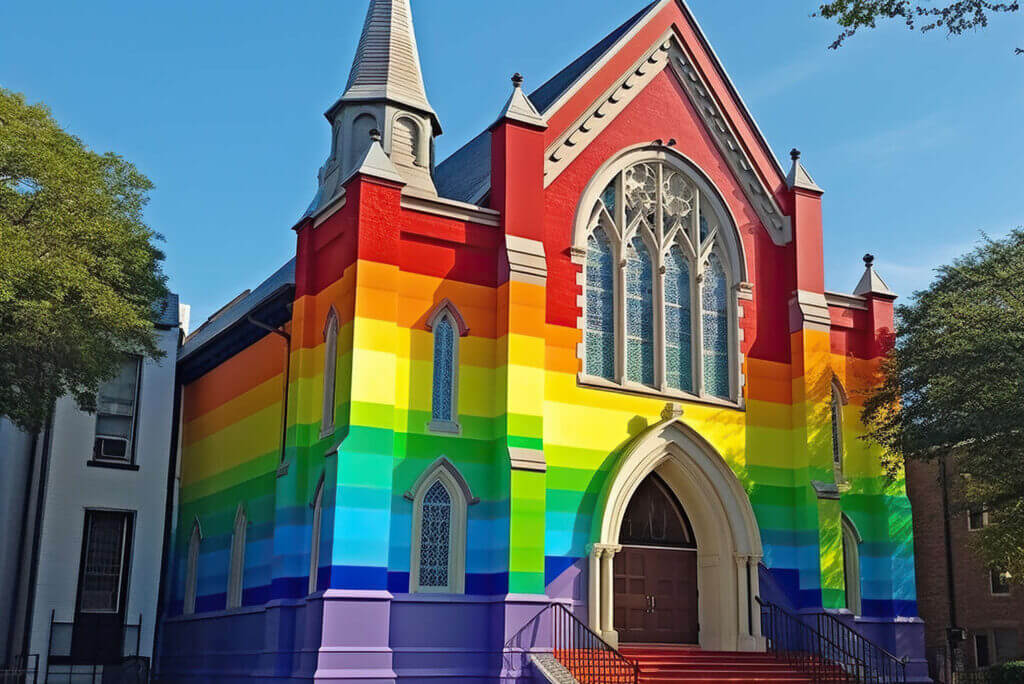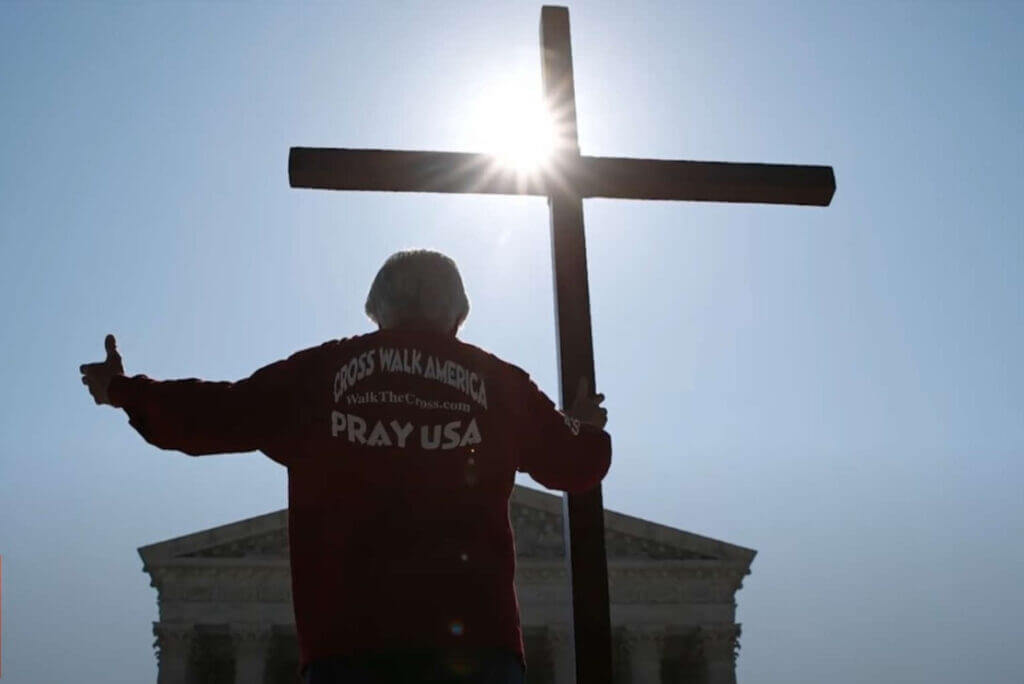A federal district court lifted its order against the prayer policy of Forsyth County, North Carolina, Thursday in light of the U.S. Supreme Court’s decision affirming prayer before public meetings in Town of Greece v. Galloway.
After winning that lawsuit in May, Alliance Defending Freedom attorneys representing Forsyth County asked the district court to lift its order against the county’s prayer policy. The order required the county to censor the way people pray to ensure only generic prayers are offered at public meetings.
“All Americans should have the liberty to pray without being censored, just as the Supreme Court found only a few months ago, and we are delighted to see this freedom restored in Forsyth County,” said ADF Senior Counsel Brett Harvey. “The Supreme Court affirmed the freedom of Americans to pray according to their consciences before public meetings. For that reason, the district court was right to lift its previous order against Forsyth County’s prayer policy, which is clearly constitutional.”
The U.S. Court of Appeals for the 4th Circuit upheld the U.S. District Court for the Middle District of North Carolina’s order in Joyner v. Forsyth County in 2011. Although the Supreme Court declined to review the case, it upheld a similar policy from the town of Greece, New York, on May 5 and affirmed that Americans are free to pray according to their own beliefs at public meetings. That cleared the way for uncensored prayers to resume in Forsyth County.
In March 2007, the American Civil Liberties Union and Americans United for Separation of Church and State sued the Forsyth County Commission on behalf of three individuals because they claimed to be offended by simply hearing the invited speakers deliver prayers that included a reference to Jesus Christ or any other named deity. They demanded the county discourage or prohibit invited speakers “from including references to Jesus Christ, or any other sectarian deity, as part of their prayers.”
In its opinion in Town of Greece v. Galloway, the Supreme Court rejected the argument “that legislative prayer may be addressed only to a generic God” and warned that attempts to limit the way people pray are unconstitutional.
“Our tradition assumes that adult citizens, firm in their own beliefs, can tolerate and perhaps appreciate a ceremonial prayer delivered by a person of a different faith,” the court wrote.
See an error in this article?
To contact us or to submit an article






















